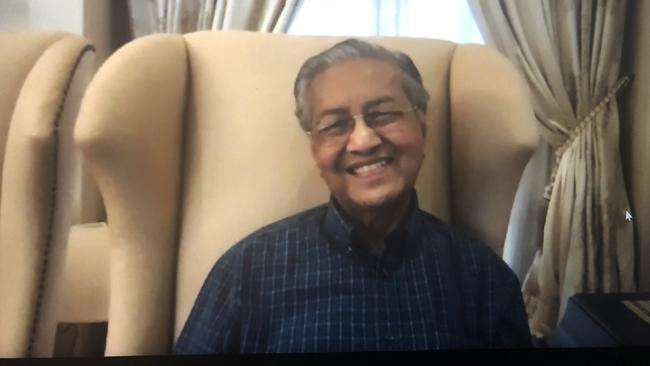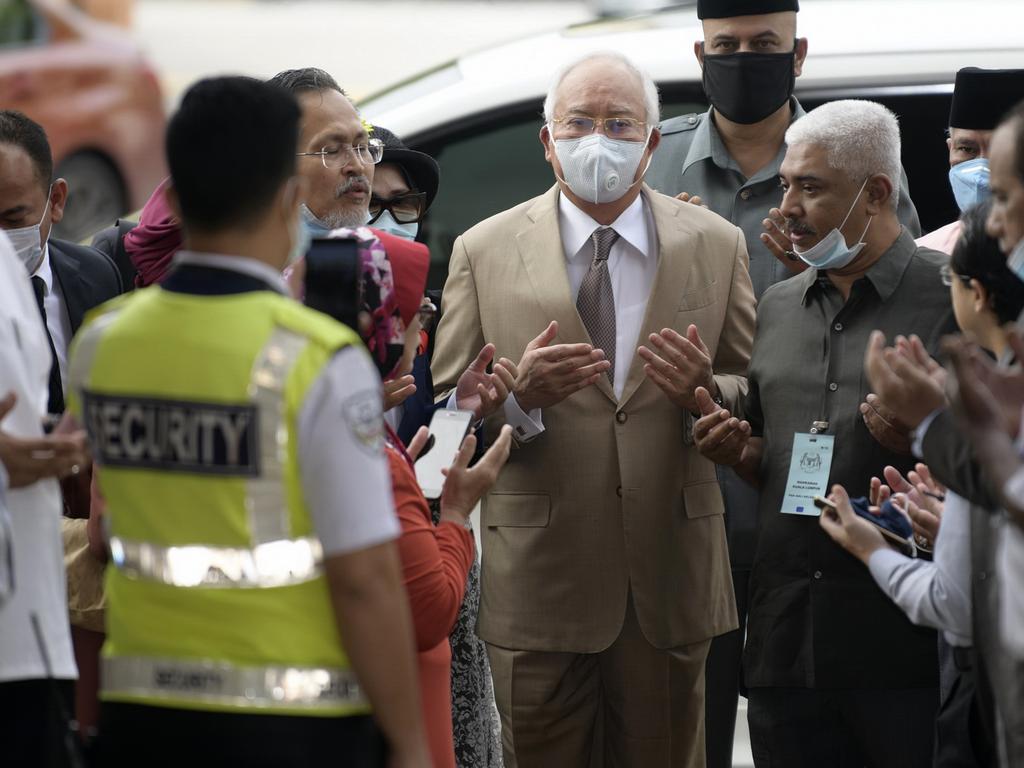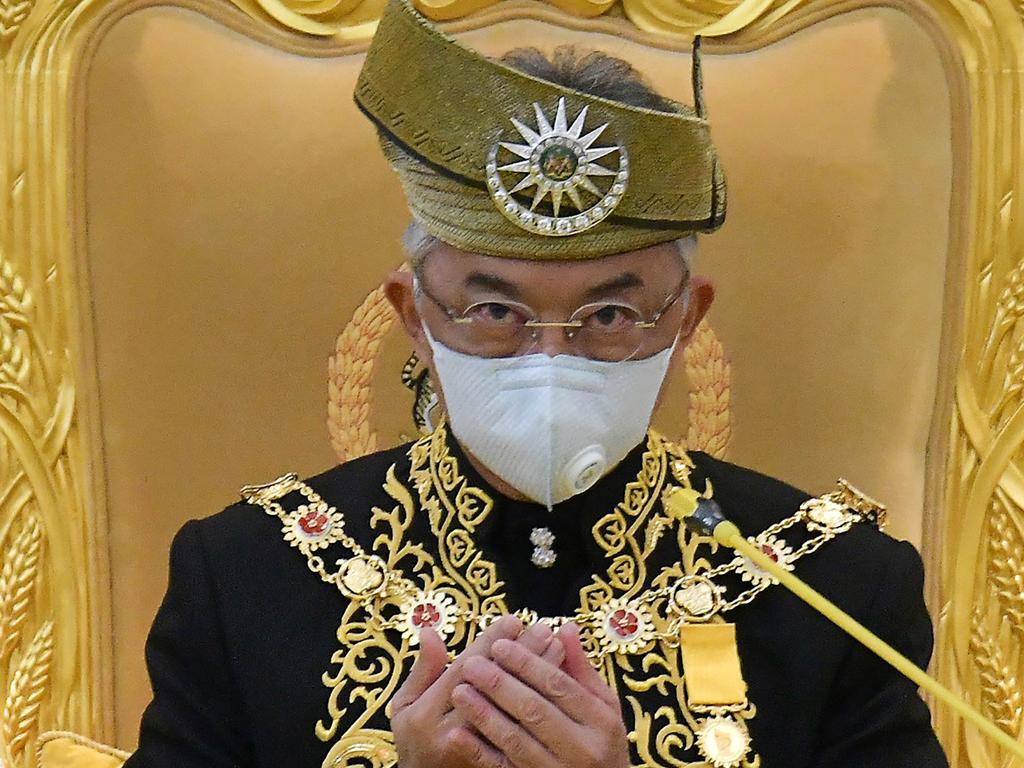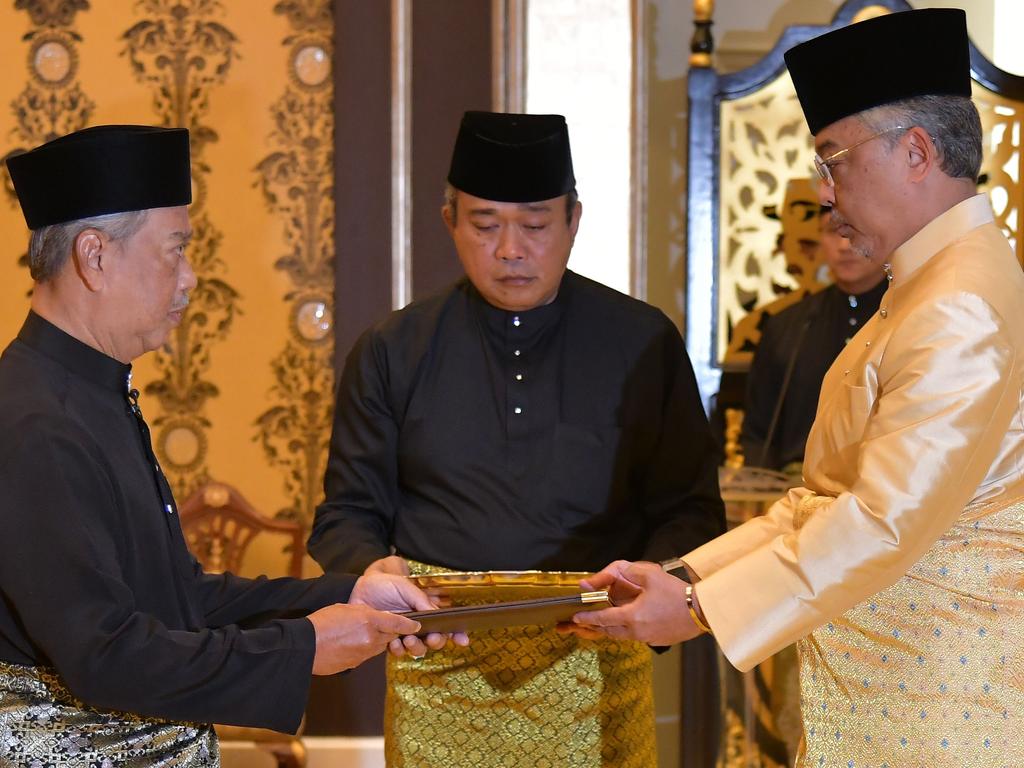New regime in Malaysia cracks down on leading dissidents
Three months after seizing power in a parliamentary coup, Malaysia’s new government is targeting its leading critics.

Three months after seizing power in a parliamentary coup, Malaysia’s new government is targeting its most prominent critics — journalists, lawyers, activists and MPs — in a series of police probes that has prompted warnings the country is sliding back to the repressive days of the former Najib Razak government.
On Tuesday Hannah Yeoh, deputy women's’ minister in the former Mahathir Mohamad-led government, was called in for police questioning over a tweet in which she questioned whether her successor would continue her road map to end child marriage.
Last week former youth and sports minister Syed Sadiq was questioned for alleged sedition over an interview he gave to Al Jazeera just days after his government was toppled by a group of defectors who joined forces with the scandal-tainted opposition United Malays National Organisation party.
The week before it was opposition MP Sivarasa Rasiah for comments he made last November about the arrest of 12 people under the Najib-era security act. Also questioned that week for possible sedition was Cynthia Gabriel from the independent Centre to Combat Corruption and Cronyism over her criticism of the political power struggle that led to the downfall of the elected government, and her call for a probe into alleged horse-trading and payoffs to buy political loyalties.
Malaysian Human Rights Commission member Jerald Joseph said the investigation of so many high-profile figures as well as ordinary citizens, using the draconian Sedition Act that had been so close to repeal under the former government, amounted to a “systematic” attack on free speech.
“The very hallmark of democracy is being lost because the government cannot withstand criticism,” he told The Australian.
“There’s a long list of people, from activists, to MPs and journalists, who are being hauled up for touching on religious issues, making political statements, even for union issues.”
Prominent LGBTQI rights lawyer Siti Kasim is also being investigated for criticising on social media the National Islamic Party (PAS), part of the new ruling coalition, for pushing to ban alcohol in Malaysia while failing to speak out about abuse in Islamic schools.
Ms Kasim told The Australian she would fight any charges under the country’s widely misused Communications and Multimedia Act but was dismayed by the zeal with which the Attorney-General’s office and police were pursuing such cases.
“It seems like anyone who dares to raise their voice will be knocked down,” she said.
Last month South China Morning Post journalist Tashny Sukumaran was questioned for hours by police for tweeting about the roundup and arrest of migrant workers and refugees during Malaysia’s pandemic lockdown.
Steven Gan, one of Malaysia’s most prominent journalists as the co-founder of the Malaysiakini news portal, is facing a potential jail term next Thursday for contempt of court over reader comments posted under an “innocuous” story about the reopening of courts next month.
Many of the reader comments criticised the judiciary for its perceived leniency on Mr Najib’s stepson Riza Aziz, the Hollywood producer of Leonardo de Caprio’s Wolf of Wall Street.
Mr Aziz was given a “discharge not amounting to an acquittal” by the Attorney-General last month and ordered to pay back only half of the allegedly 1MDB-linked $US248m he was charged with laundering. Earlier this month the deputy public prosecutor dropped all 46 corruption and money laundering charges against former UMNO chief minister of Sabah, Musa Aman related to timber concessions in Borneo. Many fear those rulings are a prelude to a similar sweetheart deal for Mr Najib, who is facing 42 charges of corruption and abuse of power related to the state investment fund 1 Malaysia Development Berhad.
Malaysian constitutional lawyer Lim Wei Jiet said the charges against Mr Gan were “very concerning” given they were laid by the Attorney-General who, “of all people should respect freedom of speech”.
“It just reflects this government’s contempt for any kind of dissent or criticism against then or any government institution,” he said.
“We are going back to the BN (former UMNO-led Barisan Nasional government) era where there is really no free speech and clamp down after clampdown.”







To join the conversation, please log in. Don't have an account? Register
Join the conversation, you are commenting as Logout